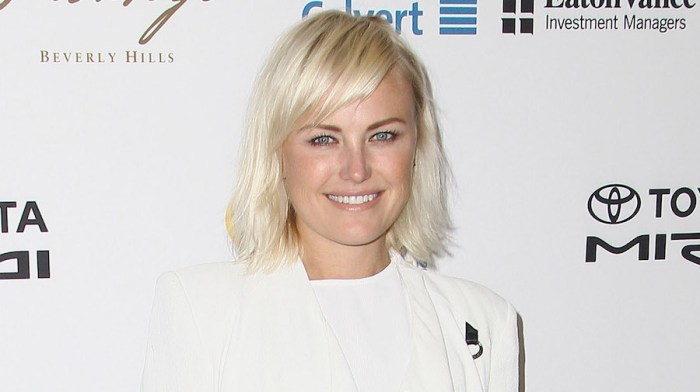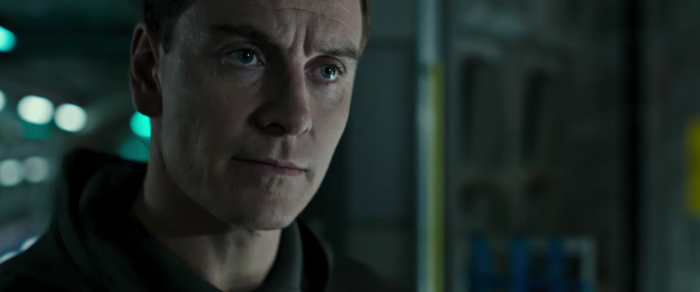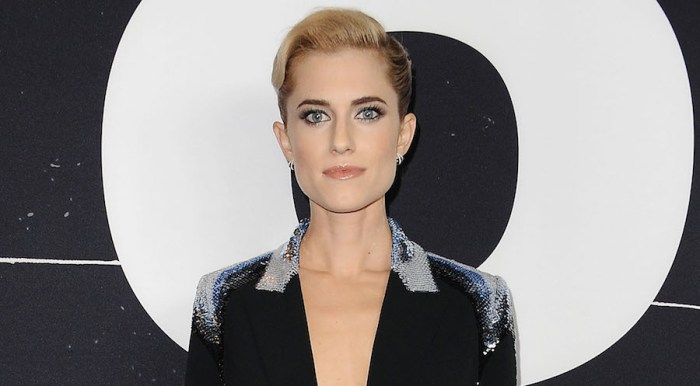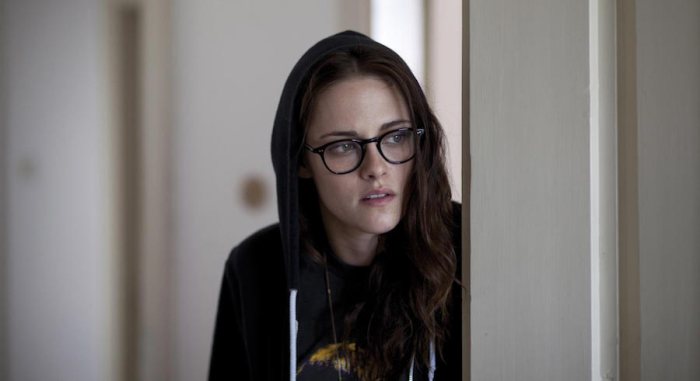Yesterday New York Post critic Kyle Smith dropped his contribution to the 25th anniversary celebration of “Goodfellas,” Martin Scorsese’s beloved, jaunty portrayal of mob life. But Smith took a, shall we say, unique angle. “Women are not capable of understanding ‘Goodfellas,’” went the hed, and he went on to mansplain that the movie is a sloppy valentine to ball-busting male camaraderie — albeit neglecting to mention that “Goodfellas”‘ bros only wind up betraying and killing each other in the end. The Internet has been aflame since, with angry commentators pointing out the numerous women who — miraculously, despite not possessing a Y-chromosome and everything — are perfectly capable of enjoying “Goodfellas” along with the men, and not even in a retrograde fashion in between shopping and cooking dinner for their husbands. As it happened, today we were scheduled to discuss “Goodfellas” with Nicholas Pileggi, the crime reporter who wrote “Wiseguy,” the book on which it’s based, and who cowrote the screenplay with Scorsese, in advance of the film’s revival at New York City’s Film Forum next weekend. Naturally, everyone he knew had forwarded him the column. “I was very flattered,” Pileggi told us, though he adds, “I don’t know what the validity of it is. A lot of women like the movie. The women I know, from my wife on down, got a kick out of it.” He’s referring to the late Nora Ephron, who not only enjoyed it but became involved herself in her husband’s crime reporting. She would have dinner with the men he was talking to and even wrote her own mafia movie: “My Blue Heaven,” starring Steve Martin as a gangster in the Witness Relocation Program, just like Henry Hill at “Goodfellas”’ end. “All our conversations were about Henry,” Pileggi recalls. “She’d call and interview Henry. He’s talking to me in the morning, he’s talking to her at night. She saw the humor in it. Women did.” He does admit it’s a good angle. “To say ‘”Goodfellas” is a guy’s movie’ — it’s funny. He’s a good writer, so it’s a lark and advantageous to the movie,” he adds. “But it’s like those jokey lines: ‘There are no women comedians, feminism has no comedians, ha ha.’ I mean, just look at the list.” In fact, Pileggi understands taking an unusual angle, and not even in today’s Internet- and outraged-fueled culture. “I’ve been in the business since ’56. There’s nothing that goes on in this business I haven’t done myself, probably,” he says. “You need a hook. I think it’s a pretty good hook. People are going to call you and be pissed off, which is good. That’s interaction.” Besides, at least it wasn’t just another ode to the film. “You can’t just put a story in the paper: ‘Goodfellas is now 25 years old, I’m going to give you a page and a half, with four pictures, about what a good movie it is.’ Who gives a damn? If you’re putting out a newspaper that people will read you gotta titillate them. That’s all it is,” he adds. That doesn’t mean Pileggi thinks Smith was right: “It’s a premise he never proved, by the way.”
A full interview with Pileggi about the film — including stories about Scorsese, Joe Pesci and its real-life subject, Henry Hill — will run next week.
‘Goodfellas’ writer says women do understand the movie, actually
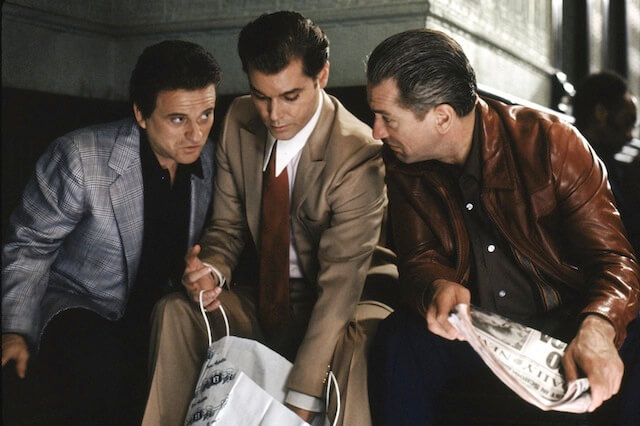
Warner Bros. Pictures
Follow Matt Prigge on Twitter @mattprigge

